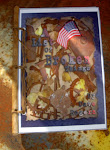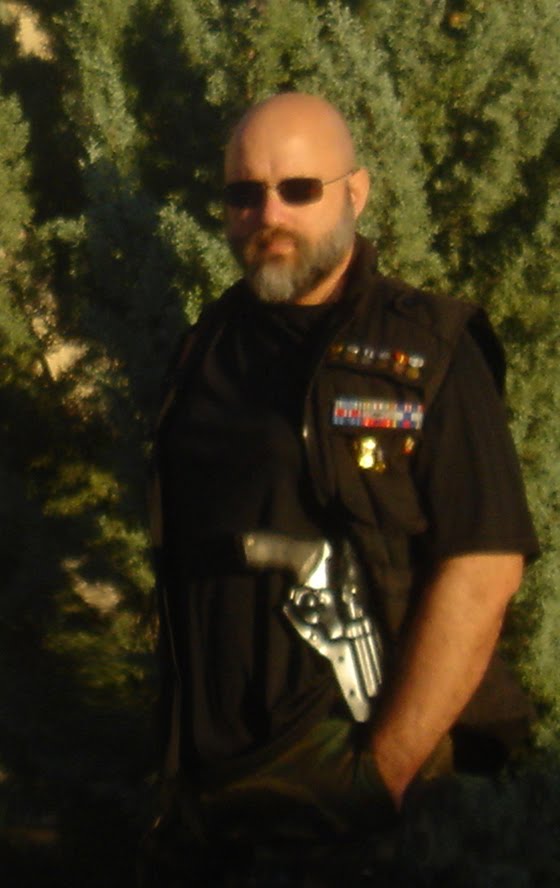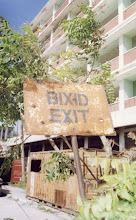Are you an organ donor?
No, let me rephrase that. You are an organ donor, or will be soon.
Here’s a little-known truth about Obama’s Regulatory Czar Cass Sunstein: He’s a “body-snatcher.” No – not like those whacky aliens in the old Leonard Nimoy classic, pod people slowly replacing the population while they sleep. No – this is the kind of body-snatcher that Mary Shelley wrote about. The sticky, dark-cloaked, renaissance kind, who in later adaptations of Shelley’s work, would slip into cemeteries at night and dig up fresh remains for arcane purposes.
Shelley’s monster was stitched together from pieces of the dead, although in her original story, Victor’s methods are left ambiguous. We don’t know when we read the original, where Victor was truly getting his raw materials.
Much like the situation we have with Sunstein. Because in his 2008 book, “Nudge: Improving Decisions about Health, Wealth and Happiness,” Sunstein and his co-author Richard Thaler talk about the “routine removal” of body parts from people – dead, or still clinging, however precariously, to life.
According to Sunstein, “the state owns the rights to body parts of people who are dead or in certain hopeless conditions, and it can remove their organs without asking anyone’s position.”
Without asking permission and regardless of whether the “organ-donor” box is checked on your ID card – that’s what this ghoul advocates.
“Ghoul.” The word has origins in Arabian folklore and refers to a mythological monster that dwells in burial grounds and other like places. It seems oddly appropriate in this case. Even though Sunstein concedes this approach “violates a generally accepted principle, which is that within broad limits, individuals should be able to decide what is to be done with and to their bodies.”
“Though it may sound grotesque, routine removal is not impossible to defend,” wrote Sunstein. “In theory, it would save lives and it would do so without intruding on anyone who has any prospect for life.”
He continues with this perspective by writing about presumed consent, which would make all citizens presumed to be consenting donors who would have to register their unwillingness to donate.
“We are not sure that these objections are convincing, but this is surely a domain in which forced choosing, or what is referred to in this domain as mandated choice, has considerable appeal,” writes Sunstein.
Who does this appeal to? Where? For what purpose?
For poor, mad, Victor of Shelley’s novel, the reason was simple.
Shelley wrote “Now I was led to examine the cause and progress of this decay, and forced to spend days and nights in vaults and charnel-houses. My attention was fixed upon every object the most insupportable to the delicacy of the human feelings. I saw how the fine form of man was degraded and wasted; I beheld the corruption of death succeed to the blooming cheek of life; I saw how the worm inherited the wonders of the eye and brain.”
Shelley’s version of Sunstein was drunk with his discovery. In his tale, he relates that
“from the midst of this darkness a sudden light broke in upon me--a light so brilliant and wondrous, yet so simple, that while I became dizzy with the immensity of the prospect which it illustrated…”
But Sunstein himself in “Nudge” offers no poetry and no epiphany. According to him, the state should own the rights to us all – even in death – and more horribly, even before death.
“Although this approach is not used comprehensively by any state, many states do use the rule for corneas (which can be transplanted to give some blind patients sight). In some states, medical examiners performing autopsies are permitted to remove corneas without asking anyone’s permission.”
Sunstein’s prose seems to meld with Shelley’s at this point.
“I had returned to my old habits. I collected bones from charnel houses; and disturbed, with profane fingers, the tremendous secrets of the human frame. In a solitary chamber, or rather cell, at the top of the house, and separated from all the other apartments by a gallery and staircase, I kept my workshop of filthy creation: my eye-balls were starting from their sockets in attending to the details of my employment. The dissecting room and the slaughterhouse furnished many of my materials; and often did my human nature turn with loathing from my occupation, whilst, still urged on by an eagerness which perpetually increased, I brought my work near to a conclusion.”
What conclusion are we coming to, dear reader, when not the bodies of our beloved dead – nor our own – are safe from the twitching, probing, skeletal fingers of the clutching creatures scuttling crab-like down the dark hallways of our government?
Czars will become scars - on our government. And if we are not careful, we will give people like Sunstein the ability to create a monster which cannot be stopped. This kind of monster makes the whole death panel thing seem warm and fuzzy, doesn’t it? And it gives a whole new meaning to the Uncle Sam poster with the words “we want you.”
Yeah, they want us – but which part?


















That is an outstanding article.
ReplyDeleteRemind me again why we are members of this corrupt, money-sucking organization? Here's an eye-opener for you
ReplyDeletehttp://www.truth-it.net/united_nations_trafficking_of_organs.html